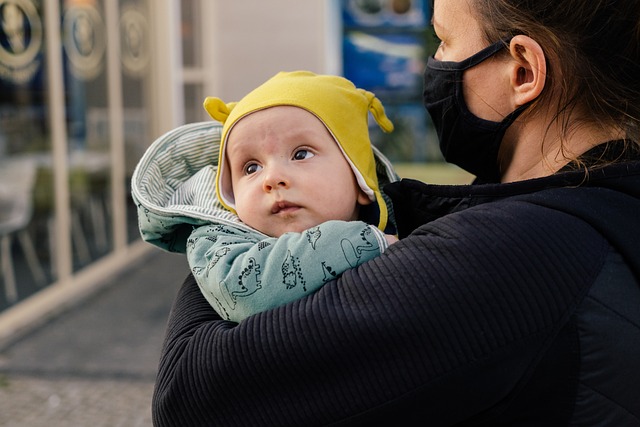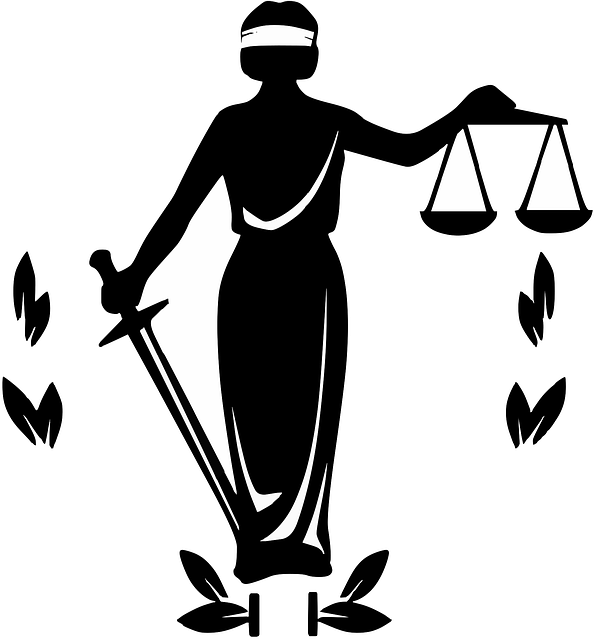Oregon's robust child welfare laws are supported by dedicated legal aid organizations that offer crucial assistance to families, especially low-income ones. These groups provide representation, education on legal rights, and advocacy for fair treatment within foster care systems, ensuring stability for children and youth in care. Specialized legal aid also supports parents during complex processes like termination of parental rights, protecting their rights while seeking permanent solutions.
In Oregon, ensuring the well-being and safety of children is paramount. Understanding the state’s child welfare laws is crucial for parents, foster care providers, and advocates alike. This guide offers valuable insights into navigating complex legal aspects of child welfare. We explore key areas including Oregon’s child welfare laws, accessing legal aid for foster care issues, and the process of terminating parental rights. By understanding these components, individuals can better support children and families within the state’s legal framework.
- Understanding Oregon's Child Welfare Laws
- Accessing Legal Aid for Foster Care Issues
- Navigating Termination of Parental Rights
Understanding Oregon's Child Welfare Laws

In Oregon, child welfare laws are designed to protect and promote the safety, health, and well-being of children. Understanding these laws is crucial for parents, guardians, and anyone involved in a child’s care. The state provides various resources and services, including child welfare legal aid, to ensure that everyone’s rights are upheld and that children receive the necessary support.
Oregon’s child welfare system operates under a comprehensive set of regulations that cover topics such as removal of children from homes, placement in foster care, and permanency planning. Legal aid organizations play a vital role in assisting families by providing representation, education on their legal rights, and advocacy to ensure fair treatment throughout the process. This support is particularly important for low-income families who may not have access to legal services otherwise.
Accessing Legal Aid for Foster Care Issues

In Oregon, accessing legal aid for foster care issues is a crucial step for individuals navigating complex child welfare systems. Many non-profit organizations and government agencies offer free or low-cost legal services to support foster parents, children, and youth in care. These resources are designed to ensure that rights are protected, and fair outcomes are achieved. Legal aid can cover a range of matters, from understanding placement options to advocating for necessary services and supports.
For those facing challenges within the child welfare system, reaching out to legal aid organizations is an essential first step. These groups often provide counseling, representation, and guidance tailored to individual circumstances. By utilizing these services, foster care participants can better navigate their rights and responsibilities, ultimately fostering a more supportive and stable environment for all involved.
Navigating Termination of Parental Rights

Navigating the process of terminating parental rights can be complex and emotionally challenging, especially for those involved in Oregon’s child welfare system. This legal step is a significant milestone in ensuring the well-being and stability of children who may have been removed from their homes due to neglect, abuse, or other concerns. Child welfare legal aid plays a crucial role in assisting parents and guardians by providing guidance and support throughout this intricate process.
Professional legal aid organizations offer specialized services tailored to protect the rights of both parents and the child. They help educate families about their legal options, explain the requirements for termination, and assist in preparing the necessary documents. These organizations also ensure that parents are aware of their right to an attorney, enabling them to make informed decisions as they work towards potential reunification or long-term permanency solutions for their children.
